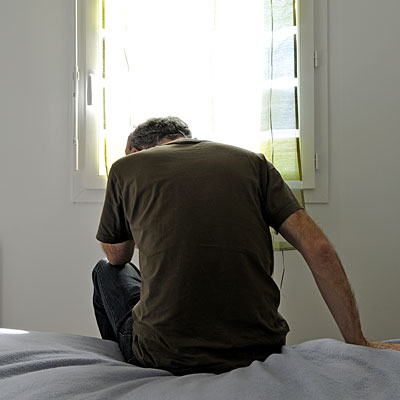“It’s never too late to have a happy childhood.” Wayne Dyer
In the film, Eternal Sunshine of the spotless mind, lovers
Joel and Clementine (Jim Carey and Kate Winslet) try and erase their memories
of each other following a fight. As you
watch the film in reverse, you witness the memories through the perspective of Joel’s
unconscious mind as they are erased. A
lot of us might identify with wanting that ‘quick fix’ to dissolve the pain of
our past or to get over a distressing ending in our lives. Trauma does need time to process though being
able to quickly detach from past memories and emotional pain is no longer the
stuff of movies.
A new form of treatment “Eye Movement Desensitisation and
Reprocessing” (EMDR) developed by Francine Shapiro in
the 1980’s has been shown to effectively help sufferers of Post-Traumatic
Stress Disorder as well as other Anxiety, phobia and Mood disorders. The
effectiveness of EMDR Therapy has been well established as the result of more
than 20 randomized controlled studies. The idea of this therapy is to recall
the experiences in a safe, comfortable environment, and this helps the individual
to realise that they are no longer under threat, which reduces their anxiety
and stress.
A Typical EMDR procedure:
1. The
therapist will discuss any expectations with you and what you want to
achieve through the treatment. This is often to ensure that desires are
realistic and they know how it can benefit them.
2. The
therapist then explains how the procedure will be carried out, and if you
give consent, they will begin.
3. First
you are taught a simple breathing exercise to help with anxiety – facing
your fears can be very stressful, and it’s important that they is calm and
relaxed. A typical breathing exercise here is to breathe in through nose for 7
seconds, and out through the mouth for 11 seconds – this combination is known
to trigger neurons in the brain associated with peace and relaxation.
4. They
begin; the therapist moves their finger in front of your eyes, continuing
to do so, and you will find that their eyes naturally follow it, and that you get
into the rhythm.
5. The
therapist will then gently ask a question, such as “What was your first
experience of ___?” or “How did you react to ____?” to get to the first memory
to process. Of course, if they are not comfortable enough to answer, the
therapist will not persist and the EMDR will continue regardless.
6. The
therapist then begins processing the memory and asks what you notice on each
set of taps or eye movements every 15-30 second intervals. You will
typically experience a change in the memories and feelings as the process
continues and you feel more relaxed. I describe it as being on a train where
the scenery changes but not getting off at any stop.
7. Towards
the end of the therapy, you will be asked to visualise leaving through a
doorway – this symbolises the end of an experience, leaving the memories
and the pain behind.
8. Once
the EMDR is finished, you will do more calming breathing exercises, and you will discuss with the therapist how you felt. Typically, treatment needed
is between 2-4 sessions depending on the issue.
There are many variations of the EMDR procedure, including
simple eye movements, watching an LED light travel and flash, listening to
tones and many more.
Although EMDR is a budding, young method of therapy, it has
been shown as very effective and more recent research has shown it to be
helpful to sufferers of many things; eating disorders, addictions, OCD, panic
attacks and anxiety. It is a safe therapy with no side effects.
Alexandra Bacon is an
experienced EMDR Therapist based in the East Midlands.





